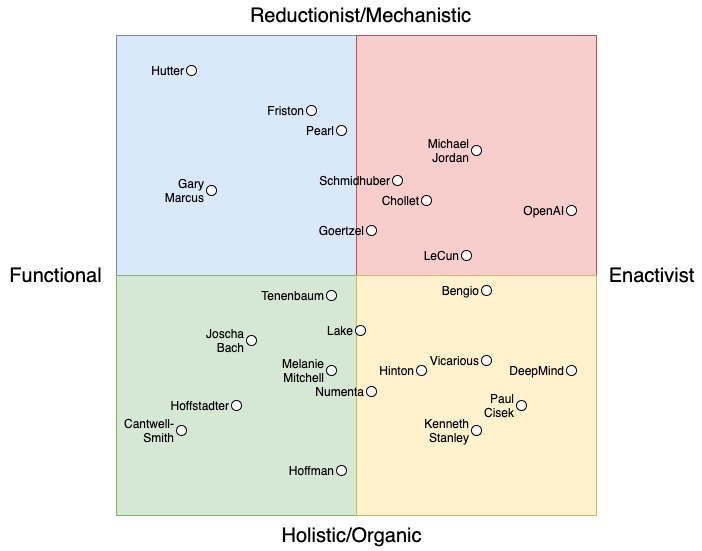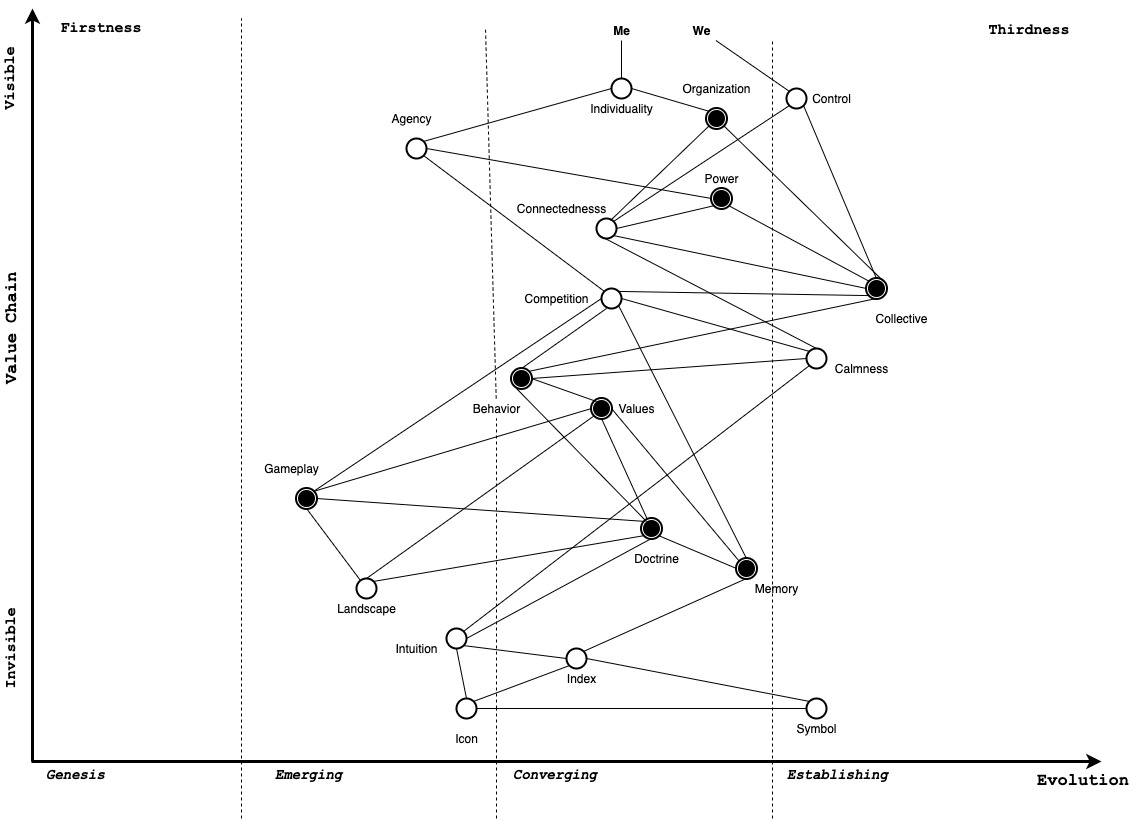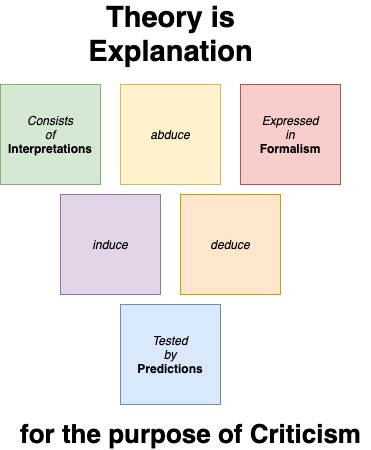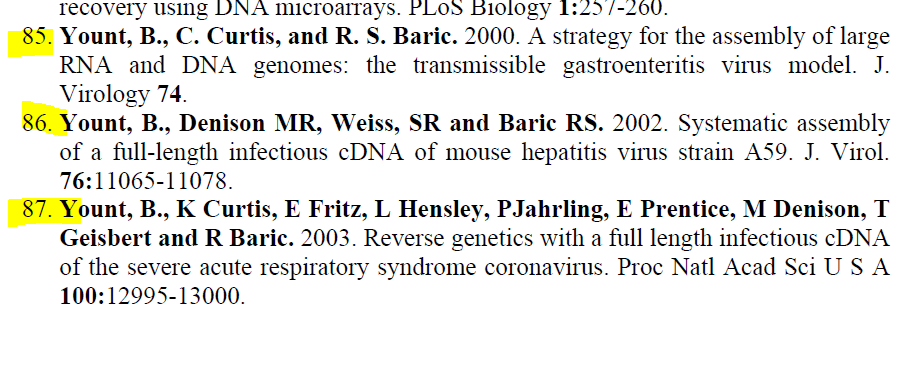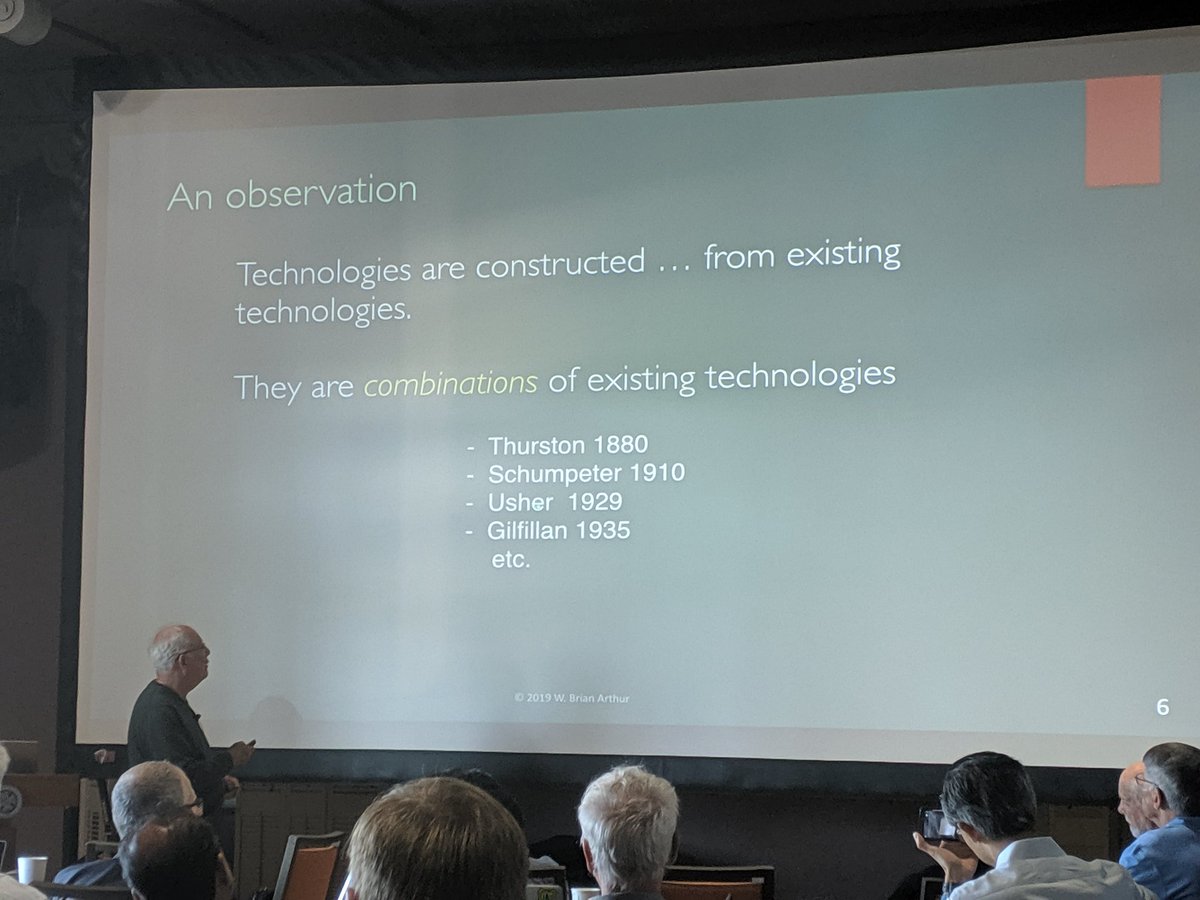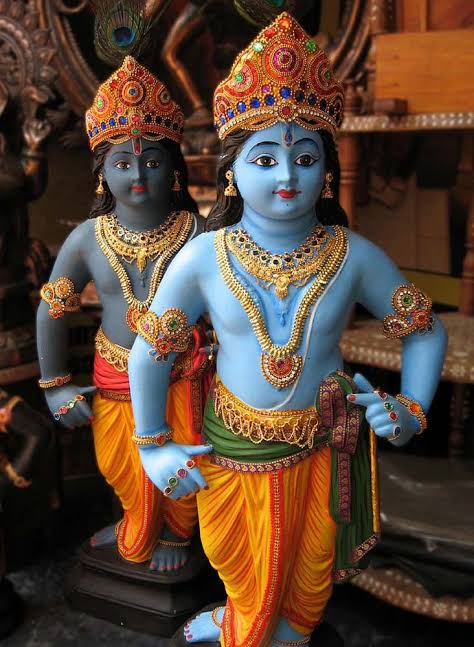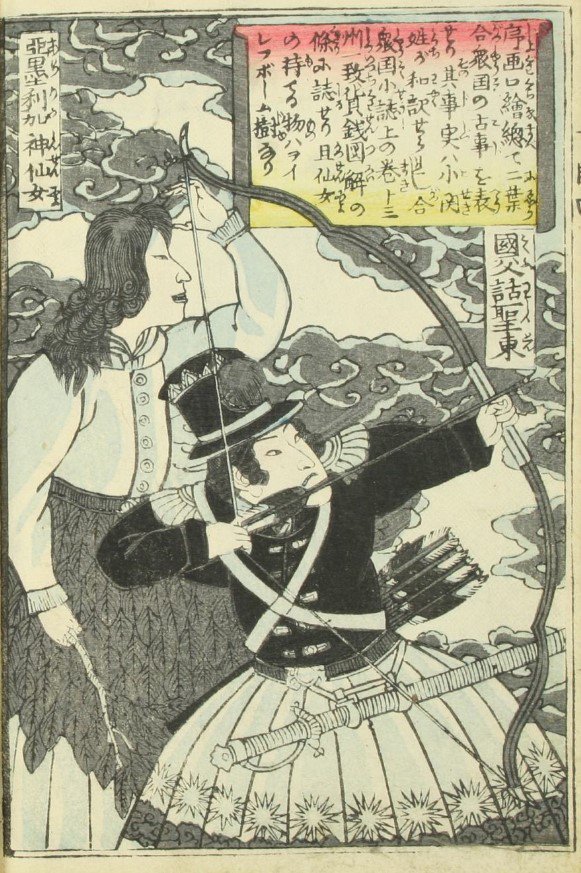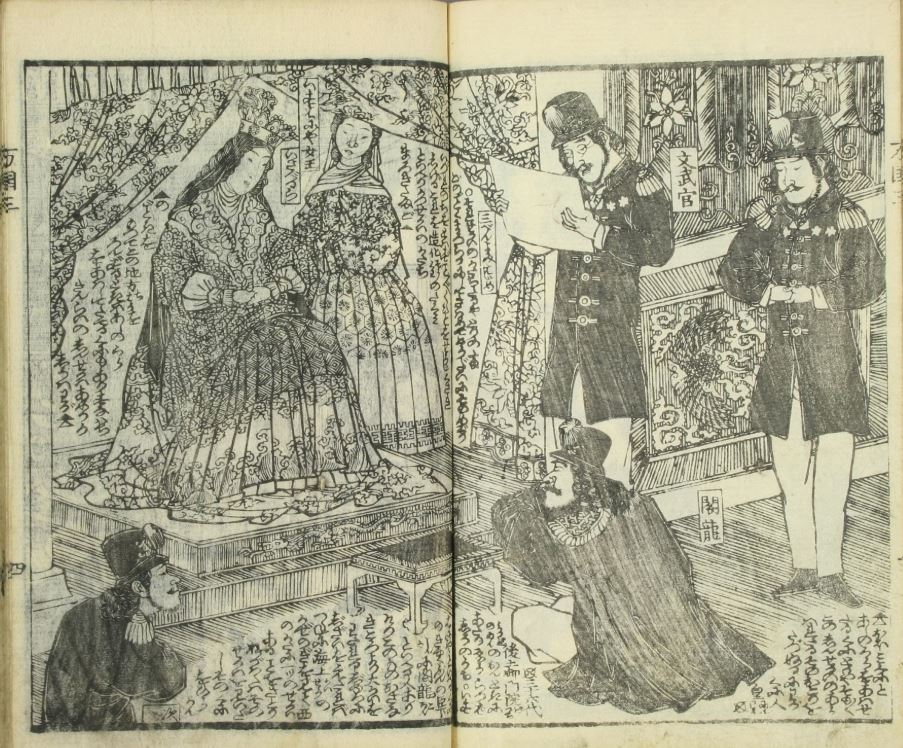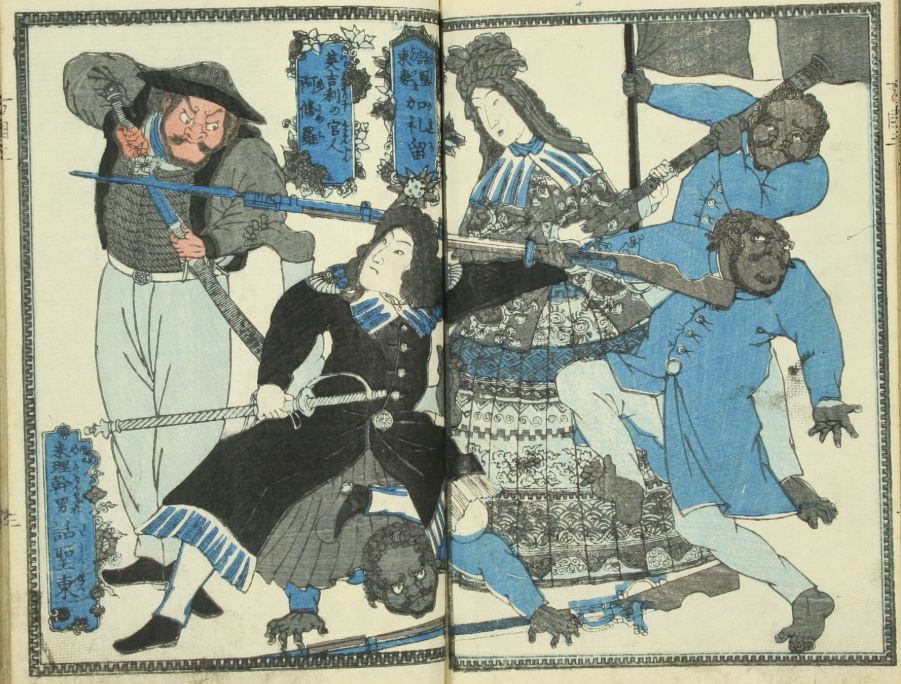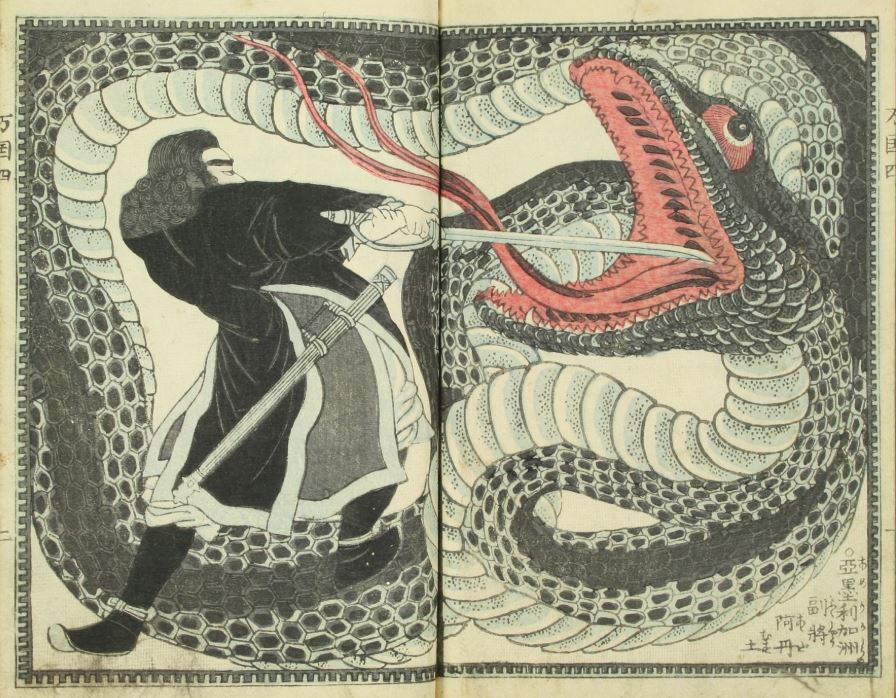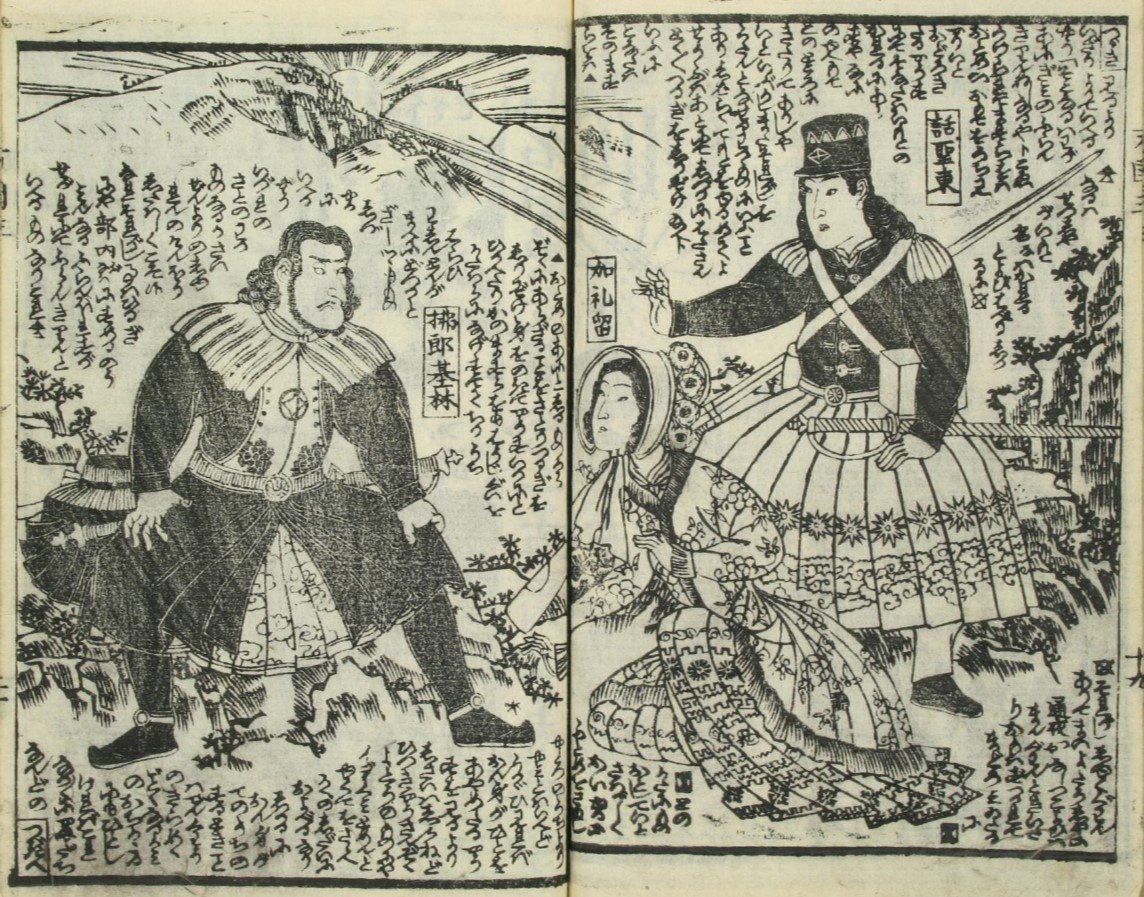The Nature versus Nurture is a debate about scientific doctrine. It is a debate about the correct way of explanation for cognition.
More from Carlos E. Perez
What is the nature of our (evolved) relationship with viruses? We are literally flooded by them. Welcome to the human virome, with harmful but also beneficial members. Great paper in @sciam "The Viruses Inside You" https://t.co/aWszsNq61d pic.twitter.com/eFsoxV4M9K
— Ricard Sol\xe9 (@ricard_sole) December 12, 2020
What does it mean to treat our individuality as ecologies? We are all ecologies existing in other ecologies. Nature is constantly performing a balancing act across multiple scales of existence.
There are bacteria and viruses that are unique to your ancestry as that of your own DNA. They have lived in symbiosis with your ancestor and will do so for your descendants.
It is an empirical fact that the microbiome in our stomach can influence not only our own moods but also our metabolism and thus our weight and health.
It is also intriguing to know that brains evolved out of stomachs and that our stomachs contain hundreds of millions of neurons. Humans can literally think with their gut.
More from Science
1.
https://t.co/d5NKtNlxxa
Sounds as if its connected to Bill Gates "LUCIFERASE" Vaccine?
2.
https://t.co/k0w1mjaPg0
"HILLARY RODHAM CLINTON SCHOOL OF LAW"
- AT SWANSEA UNIVERSITY!!!

3.
https://t.co/jifuWq6cGq
Remember all those FIRES, over the Summer!!!
4.
https://t.co/H3lstFyYx8
WUHAN PARTNERSHIP
"Links between Swansea & Wuhan date back to 1855 when Swansea missionary Griffith John founded the Wuhan Union Hospital.
This relationship was strengthened when representatives of the two cities signed an agreement".

5.
https://t.co/5b1JqiEQzi
Swansea University Strengthens Links with China

You May Also Like

Stan Lee, who died Monday at 95, was born in Manhattan and graduated from DeWitt Clinton High School in the Bronx. His pulp-fiction heroes have come to define much of popular culture in the early 21st century.
Tying Marvel’s stable of pulp-fiction heroes to a real place — New York — served a counterbalance to the sometimes gravity-challenged action and the improbability of the stories. That was just what Stan Lee wanted. https://t.co/rDosqzpP8i
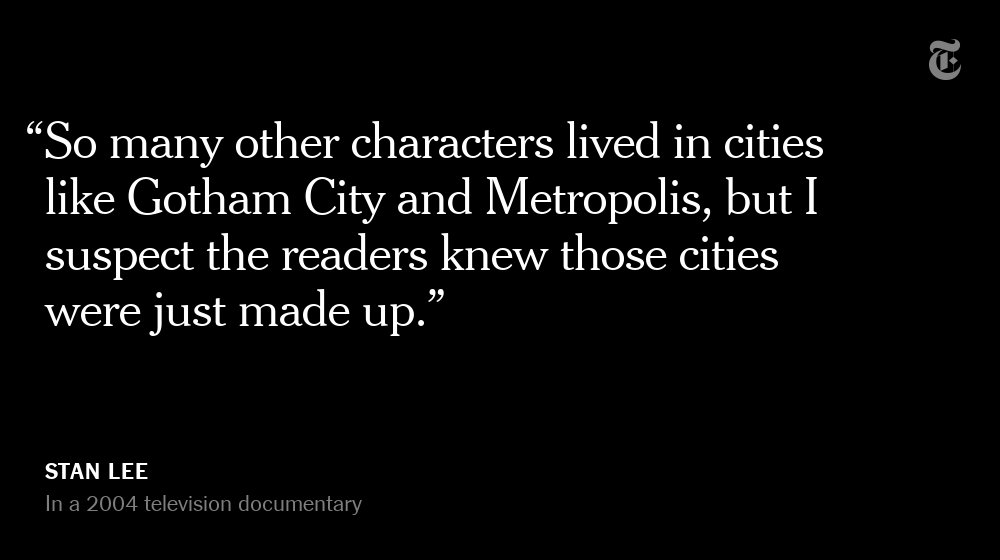
The New York universe hooked readers. And the artists drew what they were familiar with, which made the Marvel universe authentic-looking, down to the water towers atop many of the buildings. https://t.co/rDosqzpP8i
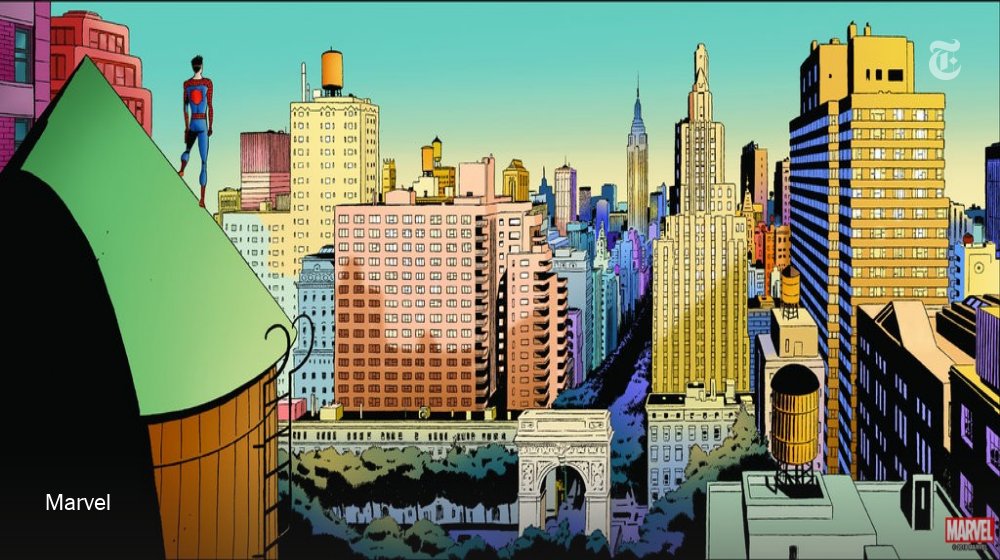
The Avengers Mansion was a Beaux-Arts palace. Fans know it as 890 Fifth Avenue. The Frick Collection, which now occupies the place, uses the address of the front door: 1 East 70th Street.
Like company moats, your personal moat should be a competitive advantage that is not only durable—it should also compound over time.
Characteristics of a personal moat below:
I'm increasingly interested in the idea of "personal moats" in the context of careers.
— Erik Torenberg (@eriktorenberg) November 22, 2018
Moats should be:
- Hard to learn and hard to do (but perhaps easier for you)
- Skills that are rare and valuable
- Legible
- Compounding over time
- Unique to your own talents & interests https://t.co/bB3k1YcH5b
2/ Like a company moat, you want to build career capital while you sleep.
As Andrew Chen noted:
People talk about \u201cpassive income\u201d a lot but not about \u201cpassive social capital\u201d or \u201cpassive networking\u201d or \u201cpassive knowledge gaining\u201d but that\u2019s what you can architect if you have a thing and it grows over time without intensive constant effort to sustain it
— Andrew Chen (@andrewchen) November 22, 2018
3/ You don’t want to build a competitive advantage that is fleeting or that will get commoditized
Things that might get commoditized over time (some longer than
Things that look like moats but likely aren\u2019t or may fade:
— Erik Torenberg (@eriktorenberg) November 22, 2018
- Proprietary networks
- Being something other than one of the best at any tournament style-game
- Many "awards"
- Twitter followers or general reach without "respect"
- Anything that depends on information asymmetry https://t.co/abjxesVIh9
4/ Before the arrival of recorded music, what used to be scarce was the actual music itself — required an in-person artist.
After recorded music, the music itself became abundant and what became scarce was curation, distribution, and self space.
5/ Similarly, in careers, what used to be (more) scarce were things like ideas, money, and exclusive relationships.
In the internet economy, what has become scarce are things like specific knowledge, rare & valuable skills, and great reputations.

